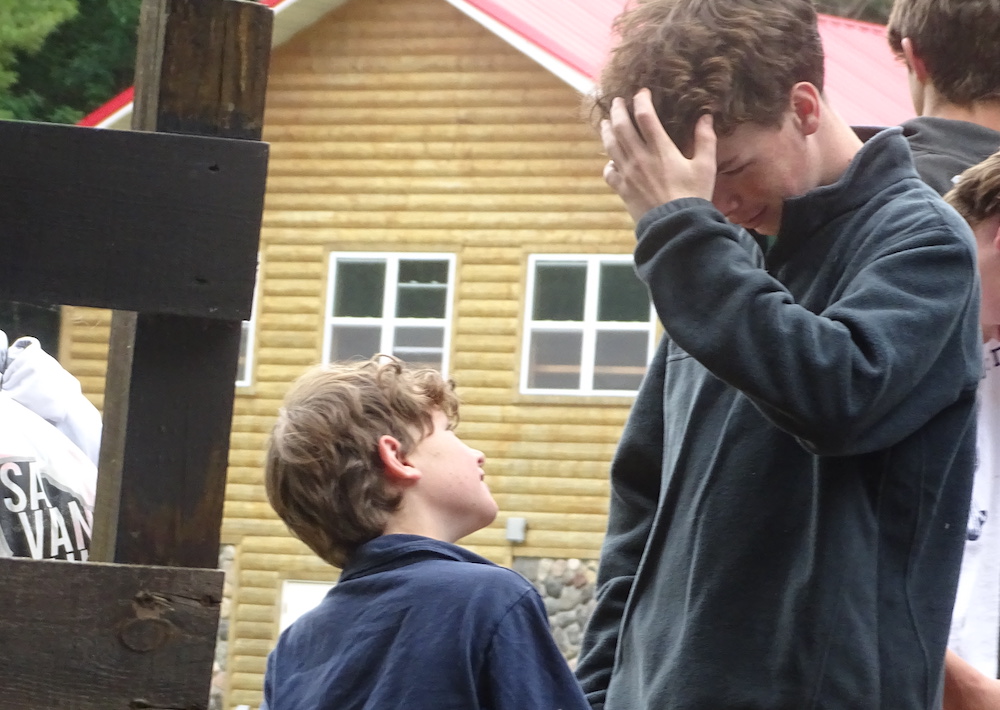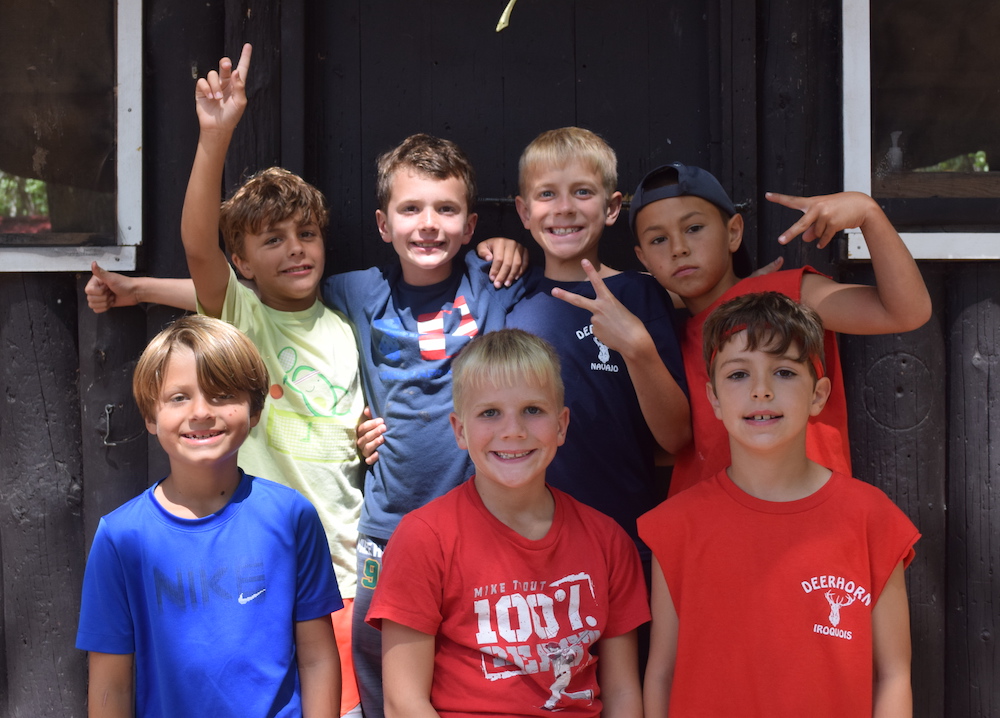Two things are true. This has become my new favorite mantra in recent months. It’s so applicable to so many things in life. So often in life we use “but” when we should use “and.”
“I love my kids, but they can drive me crazy.”
“My job is so fulfilling, but it can be so stressful.”
“I try to set boundaries for my child, but she’s always having tantrums.”
Try replacing the “but” with “and” in all of those sentences. You love your kids AND they drive you crazy sometimes. You love your job AND it can be stressful. You set boundaries for your child AND she has tantrums. Two things are true, and one doesn’t negate the other. In her book, “Good Inside,” Dr Becky talks about how a parent’s job is to set boundaries and keep their child safe, and the child’s job is to feel all of their emotions. We are allowed to set the boundaries and kids are allowed to have strong feelings about them. Kids don’t dictate the boundaries, and parents don’t dictate kids’ emotions. We all need to stay in our lanes.

She talks about how parents struggle with needing to be the “strict” parent and also wanting to be the “fun” parent. Or maybe we feel like the bad cop while the other parent gets to be the good cop. There is no reason why we can’t be both. We can set boundaries that keep our children safe AND be a fun parent who is silly and spontaneous. We can set boundaries that our kids are upset about AND we can feel empathy when they are disappointed or frustrated as a result. “I am holding my boundary that you can’t go to that party because I don’t think it’s safe. I understand how sad you are about it because everyone else is going.” You set the boundaries and they get to have feelings about them. They don’t get to change the boundary with their anger and you don’t get to dictate how they feel about it. Both things are true.
Two things are true” helps kids make sense of a world that often feels contradictory. We can make decisions that are best for their physical and mental health and growth AND care about their feelings about those decisions. These are two separate things that can coexist, and if we can hold onto both truths, we can hold the boundaries AND help our kids’ feel seen and validated.

This is so applicable at camp too! I’ve talked to parents about how their kids are struggling with homesickness, and sometimes it’s so hard for them to believe. “No way! My son was SO excited to come to camp!” Two things are true. Your son WAS excited to come to camp AND he misses home more than he thought he would. He loves camp and is having so much fun, AND still is homesick when he crawls in bed at night. He is struggling to get up on waterskis AND he loves camp. Two things are true.
Dr. Becky devotes a whole chapter in her book to the idea of ‘multiplicity’- the ability to accept multiple realities at once. In most areas of life, we have multiple realities that don’t exactly add up. We were angry about all the disappointment and loss caused by Covid AND sometimes we were grateful for the extra time together at home. Our lives are full of joy and prosperity AND we feel deeply sad about all of the pain and sadness we see every day on the news. We sit by the bedside in the hospital watching someone we love deeply suffer AND there is beauty and holiness in those quiet times together. We feel guilty that we aren’t attending a family event AND we hold our boundary that it is better for our mental health if we don’t. Two things are true. These contradicting realities are hard enough for us to wrap our heads around as parents, and they are even harder for kids. And acknowledging that “two things are true” is not only helpful in our relationships with our kids, it can be so helpful on our relationships with our spouse. She says:
“When there are two people in a room, there are also two sets of feelings, thoughts, needs, and perspectives. Our ability to hold on to multiple truths at once- ours and someone else’s- allows two people in a relationship to feel seen and feel real, even if they are in conflict. Multiplicity is what allows two people to get along and feel close—they each know that their experience will be accepted as true and explored as important, even if those experiences are different.”

She goes on to talk about the importance of listening in order to understand versus listening in order to convince. Boy, is that easier said than done! How often do we want to insist that our partner (or kids) see our point of view, which is clearly the right one! Convincing is simply an attempt to prove only one thing is true, “ours” and that, in turn, makes the other person “wrong.” Convincing only has one goal in mind: being right. But that leaves the other person feeling unseen and just leads to more conflict. What an important goal, to learn how to listen simply to understand, rather than to convince. If we can go into a conversation with those we love with curiosity, simply wanting to learn more, what a gift that is to them and to the relationship. These people in our lives…our spouse, our kids, our friends…we want them to know how deeply we love and value them…AND we have different thoughts and opinions.
Two Things Are True helps us make sense of so many things in this crazy world. It’s an important skill, the ability to hold two (or more) truths in our heart. We love our kids fiercely AND we need time to ourselves to recharge. We love being social and going to parties, AND boy, do we need some alone time. Our job is hard AND we also love it. As one of my favorite authors, Kate Bowler, says,
“I can’t reconcile the way that the world is jolted by events that are wonderful and terrible, the gorgeous and the tragic. Except I am beginning to believe that these opposites do not cancel each other out. I think the same thoughts again and again:
Life is so beautiful.
Life is so hard.”
Two things are true.

